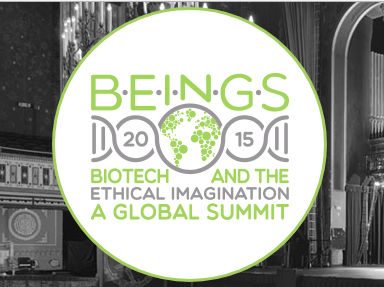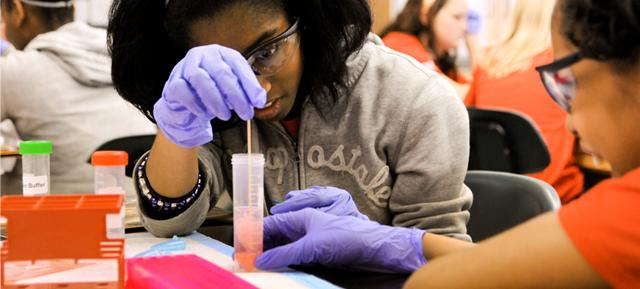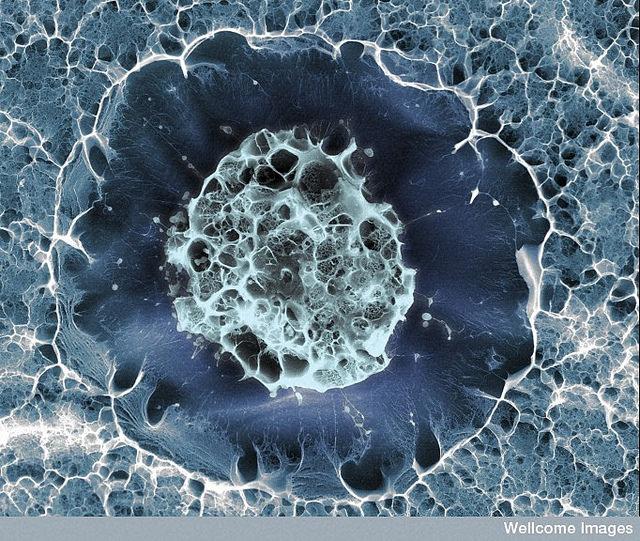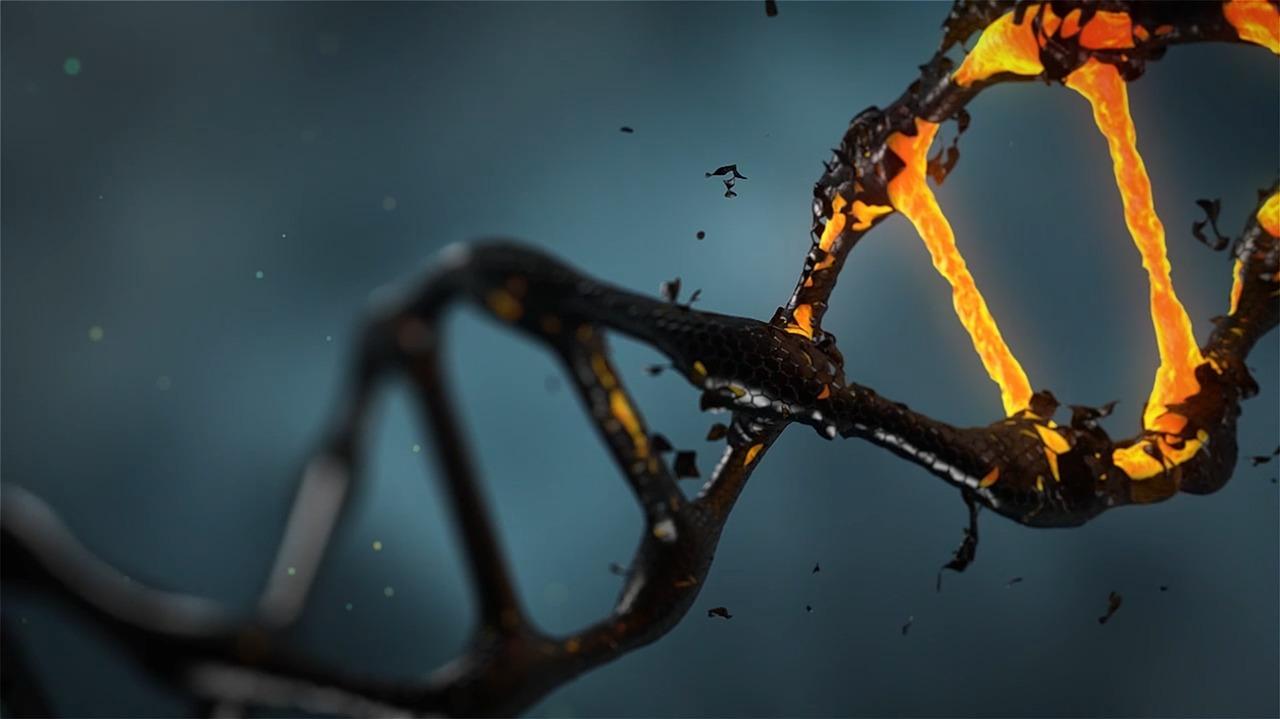Synthetic Biology
Synthetic biology is an umbrella term that refers to techniques for re-engineering the fundamental molecular structures of life, including genes, genomes, cells, and proteins. Some of the techniques being developed modify existing bacteria or insects to perform new functions, produce useful substances, or create novel artificial organisms for research purposes. Synthetic biologists foresee a host of applications, including new methods for producing drugs, biofuels, and vaccines; diagnosing, preventing, and treating disease; and – far more controversially and far-off – synthesizing modified human genes to produce specified traits in future children and generations.
At present, no comprehensive framework for assessment, oversight, and regulation of synthetic biology exists nationally or internationally.
Aggregated News
While the attention of the American public has rightfully been focused on the COVID-19 pandemic, its associated racial disparities, and...
Aggregated News
Leslie Mitchell had no intention of doing a postdoc. After completing her PhD at the University of Ottawa, she had...











